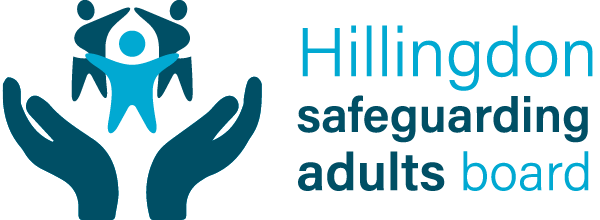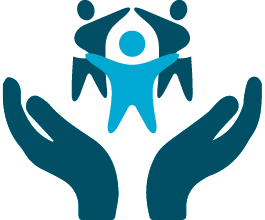Safeguarding Adults
The Safeguarding Adults Board’s vision is for adults, irrespective of age, race, gender, culture, religion, disability or sexual orientation to be able to live with their rights protected, in safety, free from abuse and the fear of abuse. Safeguarding means protecting people’s right to live in safety, free from abuse, neglect.
What is Abuse, Neglect and Self Neglect?
Abuse means hurting people physically or emotionally or by taking things that belong to them. Neglect means putting people at risk by ignoring their needs for care and support or withholding help they need. Sometimes people self-neglect because of mental health or emotional problems.
People can be neglected or abused by anyone, in any setting.
People who have difficulties such as dementia, learning disability, physical disability, frailty, mental ill-health or substance abuse might have care and support needs that may make them more vulnerable to abuse or neglect.
There are many types of abuse. Here are a few different ones. You can get more information about these types of abuse by clicking on each one.
If You Suspect Abuse or Neglect
If you are worried a vulnerable adult is being abused or neglected, or they are self-neglecting:
- talk to them about your concerns – if it feels safe – and explore their views and worries and what help they want.
- Contact Adult Social Care on 01895 556633 to report your concerns. You can also fill in an online form here. The more information you provide, the quicker services will be able to help.
- If you suspect an adult is a victim of a crime report it to the police. Call 999 in an emergency. Call 101 if the crime has already happened and the person is now safe.
Adult Social Care have a duty to investigate concerns about abuse, neglect and self-neglect if:
- an adult has needs for care and support (even if they don’t have anyone supporting them)
- they are experiencing, or at risk of, abuse, neglect or self-neglect
- and because of their care and support needs, they are unable to protect themselves.
After you raise your concerns, Adult Social Care will work with other professionals, such as health professionals, police and care providers, and others, to:
- prevent and stop the abuse or neglect and
- improve the adult’s wellbeing and quality of life and sense of control over their lives.
They will talk to the adult at risk, if it is safe to do so, and they may want to talk to you to gather more information. Through safe conversations with you, the adult, their family and other professionals they will decide what action needs to be taken, if any, to keep the adult safe. This is called safeguarding.

